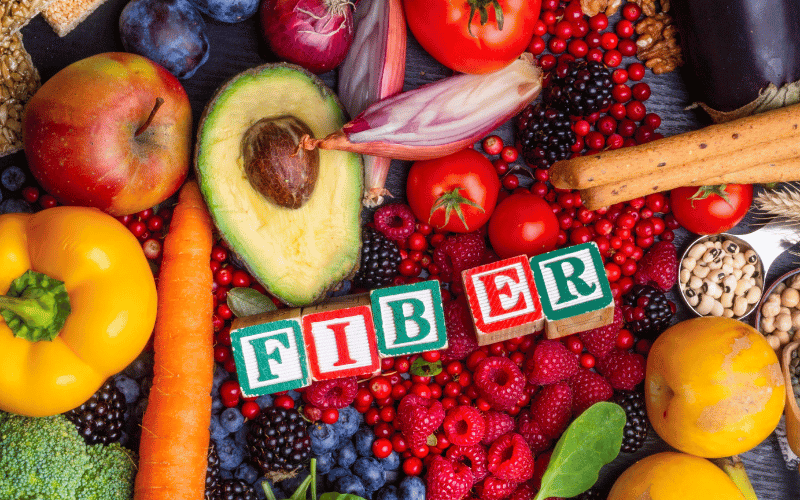Cause 9: Low-Fiber Diet

The digestive system, often likened to a sophisticated processing unit, thrives on balance. Central to this balance is dietary fiber, an unsung hero facilitating smooth bowel movements. A low-fiber diet can disrupt this process, turning regular bowel movements into an arduous task and setting the stage for constipation and the dreaded hemorrhoids.
Fiber, especially soluble fiber, absorbs water in the intestines, giving the stool its soft, bulky texture. This texture ensures that the stool can glide smoothly without undue friction or strain. Without sufficient fiber, the stool hardens, making its journey through the colon more challenging and increasing the risk of hemorrhoids from excessive straining.
Modern diets, dominated by processed foods, often fall short on fiber. These foods, stripped of their natural nutrients and fiber during processing, may offer convenience but at a significant health cost. Regularly consuming such foods not only deprives the body of essential fiber but also raises the likelihood of digestive issues, including hemorrhoids.
Introducing fiber back into the diet isn’t challenging. It’s about embracing whole foods again. Think whole grains like oats and barley, legumes like beans and lentils, and a rainbow of fruits and vegetables. These foods not only reintroduce the necessary fiber but also come packed with a slew of other health benefits, fortifying the body against various ailments, including hemorrhoids.
A diet’s fiber content isn’t just about preventing constipation or ensuring regular bowel movements. It’s about holistic health. Making informed dietary choices, prioritizing fiber-rich foods, can be a game-changer, ensuring optimal digestive health and significantly reducing the risk of conditions like hemorrhoids. (9)